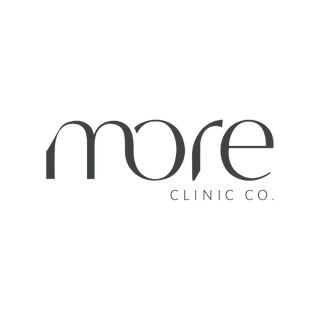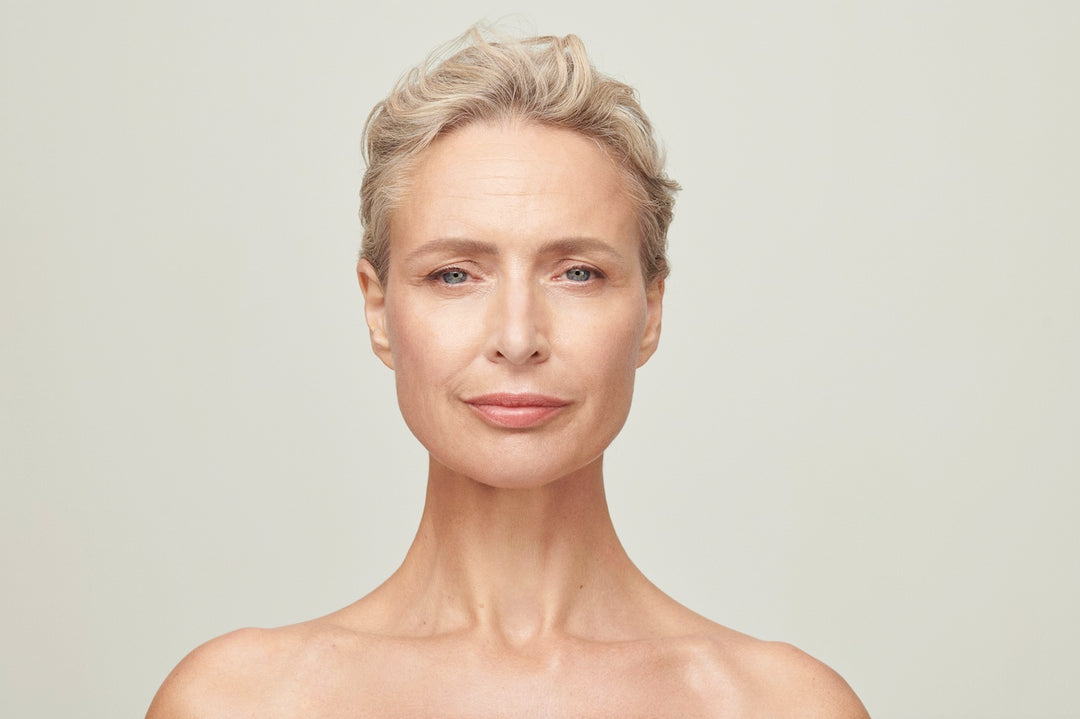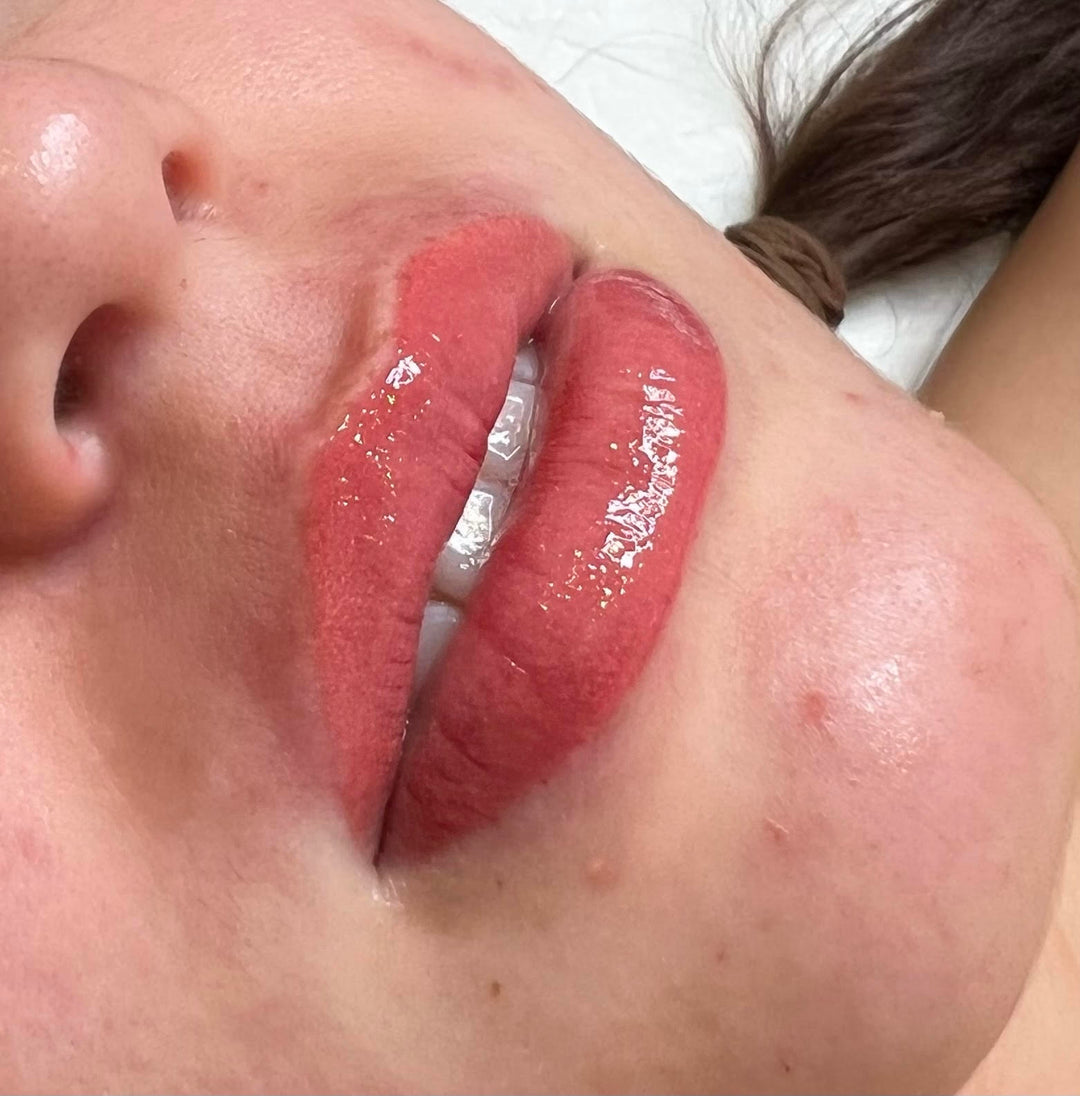Pigmentation
 What is pigmentation?
What is pigmentation?
Hyperpigmentation, commonly referred to as pigmentation is darkened colouring in the skin. Hyperpigmentation occurs when the cells within the skin release extra melanin. Melanin is what colours the skin. It is also what provides skin with a natural protective response against UV light.
There are many different types of hyperpigmentation and they all display on the skin differently. Some forms of pigmentation are freckles, sunspots, melasma and post inflammatory pigmentation.
What impacts pigmentation?
Hyperpigmentation may be impacted by hormones, medications, lifestyle, environment, genetics, trauma/ inflammation in the skin and of course UV exposure (the sun).
What can you do to prevent and improve pigmentation?
Preventing hyperpigmentation is much easier than removing it. Hyperpigmentation will usually surface slowly, therefore taking all the precautions you can now will dramatically affect your skin in years to come.
Prevent hyperpigmentation by using ingredients that protect your skin from UV light, target the cells release of melanin and support the skins barrier functions.
Improve hyperpigmentation by using ingredients that increase cell turnover and support a healthy cell production.
-
Avoid direct sunlight and always wear sunscreen, despite the activities you are doing that day. It is just as important to wear sunscreen to the beach in the middle of the day as it is at 6am on your morning walk. Simply put sunscreen on before you leave the house every day and always reapply!
-
Check your medication for any side effects with your doctor. Some medications may make you more sensitive or reactive to UV light.
-
Avoid picking, scratching or popping congestion as this may result in inflammatory hyperpigmentation.
-
Have a high-quality cosmeceutical skin care routine that you are consistent with. Ensure you are using the appropriate ingredients hyperpigmentation.
Ingredients that prevent and improve hyperpigmentation:
-
Niacinamide (Vitamin B3)
-
Vitamin E
-
Vitamin C
-
Alpha Hydroxy Acid (AHA)
-
Beta Hydroxy Acid (BHA)
-
Zinc Oxide (SPF)
If you’d like to start your skin journey but still don’t know where exactly to start, we recommend the following cosmeceutical products based on the appropriate ingredients for this concern:







